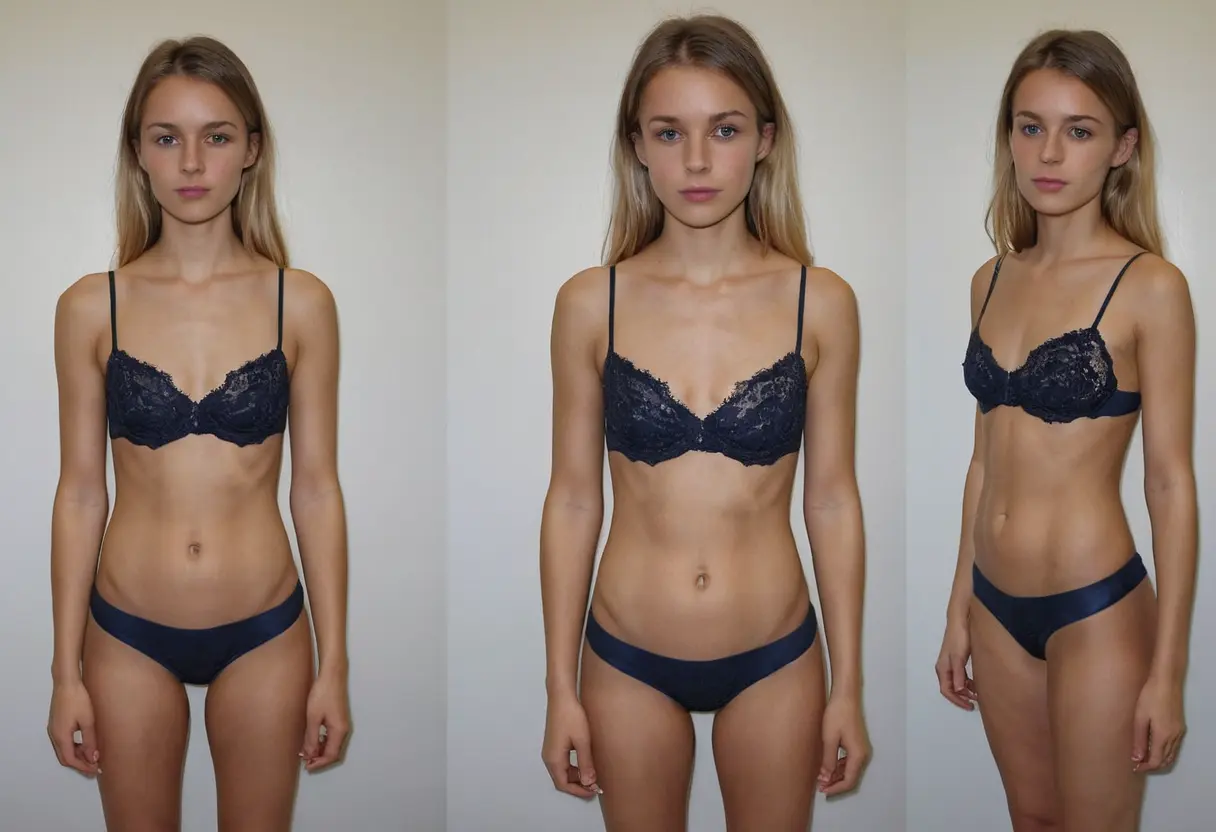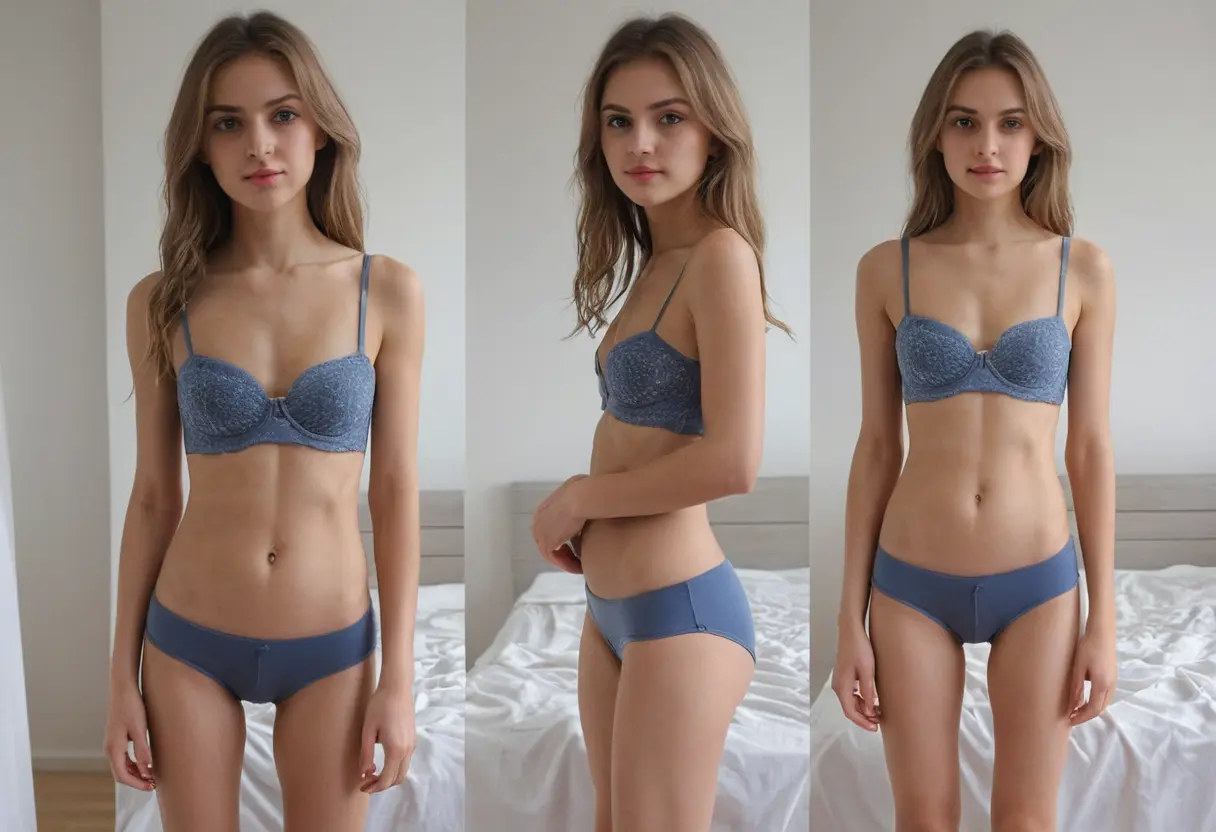The fashion and clothing industries are undergoing a massive transformation thanks to advancements in Artificial Intelligence (AI). From enhancing customer experiences to optimizing production processes, AI is revolutionizing every aspect of the fashion world. In this article, we will explore the various ways AI is making an impact, ranging from personalized shopping experiences to the automation of design and manufacturing. As the fashion industry continues to embrace AI technologies, it is crucial to understand the different ways these innovations are shaping the future of fashion and clothing industries.
One of the most significant contributions AI has made to the fashion industry is the ability to provide personalized shopping experiences. Retailers are using AI-powered algorithms to analyze consumer behavior, preferences, and past purchasing habits to offer tailored recommendations. This not only enhances the shopping experience but also increases customer satisfaction and brand loyalty.

AI tools such as chatbots and virtual assistants are becoming commonplace in e-commerce platforms. These tools can interact with customers in real-time, offering product suggestions and helping with sizing, all while collecting valuable data that helps refine the user experience. AI is also enabling virtual fitting rooms, where customers can try on clothes virtually using augmented reality (AR) technology. This reduces the chances of returns and helps customers make more informed purchasing decisions.

AI is also playing a crucial role in fashion design and trend forecasting. Designers are now using AI algorithms to predict the next big trends by analyzing vast amounts of data from social media, fashion shows, and retail sales. This allows brands to stay ahead of the curve and create designs that resonate with consumers before trends even emerge.

AI tools can analyze thousands of fashion images and patterns to identify color schemes, fabric preferences, and design elements that are gaining popularity. By leveraging machine learning, AI can help designers create new collections that are more likely to succeed in the market. Additionally, AI can be used for automated pattern making and fabric selection, speeding up the design process and ensuring a higher level of accuracy in the final product.
The manufacturing and supply chain processes in the fashion industry are being revolutionized by AI. One of the most significant ways AI is helping is by optimizing production schedules and improving inventory management. AI algorithms can analyze data on demand fluctuations, production capacity, and supply chain variables to make real-time adjustments that ensure production meets demand without overstocking or understocking.
AI-powered robots and automation systems are also being used in manufacturing facilities to streamline the production process. These robots can handle repetitive tasks like sewing, cutting, and even quality control, reducing human error and improving efficiency. This shift towards automation is not only increasing production speed but also lowering operational costs, making it possible for brands to create higher-quality products at lower prices.
AI is also playing a critical role in promoting sustainability within the fashion industry. With growing concerns over the environmental impact of fast fashion, AI technologies are helping brands reduce waste, optimize material usage, and improve recycling processes.
AI-driven solutions such as predictive algorithms help companies forecast demand with greater accuracy, reducing the likelihood of overproduction. Additionally, AI-powered software can assist in designing garments that use less fabric or more sustainable materials, helping to reduce the industry's carbon footprint. Brands are www.undressaitool.comalso using AI to track the lifecycle of garments, from production to disposal, ensuring that they are made from recyclable materials and can be reused or repurposed.
In addition to product recommendations and personalized shopping experiences, AI is significantly enhancing marketing strategies in the fashion industry. AI tools can analyze consumer data to segment audiences and create hyper-targeted advertising campaigns. By leveraging machine learning, marketers can predict consumer behavior and tailor their messages to the right audience at the right time.
AI also plays a role in influencer marketing. Platforms like Instagram and TikTok are using AI to identify trends and influencers who align with a brand’s values and target audience. This helps brands create more authentic and effective marketing campaigns, increasing engagement and driving sales.
AI is undoubtedly transforming the fashion and clothing industries, providing innovative solutions that enhance customer experiences, optimize production processes, and promote sustainability. As AI continues to evolve, its role in the fashion world will only grow, offering even more opportunities for brands to innovate and stay ahead of the competition.
The integration of AI into design, manufacturing, marketing, and retail is setting the stage for a more efficient, personalized, and sustainable future for fashion. As AI technologies continue to improve, we can expect even more groundbreaking changes in how clothing is designed, produced, and consumed. Embracing AI is no longer just an option for fashion brands—it is becoming a necessity for staying relevant in a rapidly changing market.

Is Undress AI Worth It A Detailed Review and Analysis

Exploring the Ethical Implications of AI Photo Undressing Technology

Exploring the Impact of Deep Nude Undress AI Technology on Digital Privacy

Discover How Undress AI Tool App Revolutionizes Virtual Fashion Try-ons

Exploring the Impact of Undressing AI in Adult Content Creation

Exploring the Future of AI Photo Undress and Its Impact on Online Image Editing